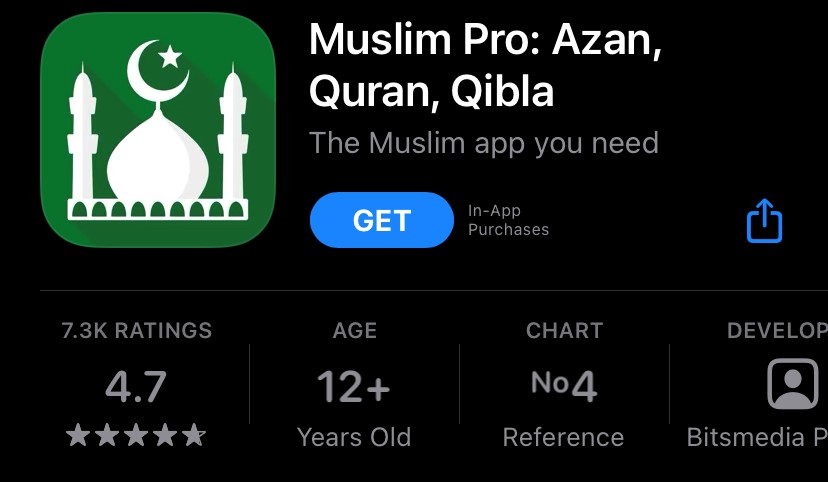A Muslim high school volleyball player in the U.S. was disqualified from a volleyball match for wearing a hijab.
The decision against Najah Aqeel, a student at Valor Collegiate Prep in Nashville city has prompted calls for a statewide rule change.
Najah,14, was warming up for a match on September 15 when her coach said a referee had refused to let her play due to her headscarf, according to CNN.
The referee cited a casebook rule requiring athletes who wear a hijab to be granted authorization from the Tennessee Secondary School Athletic Association (TSSAA).
Najah reportedly said she did not have authorization, but that it wasn’t an issue for previous matches.
She decided not to play when faced with the choice to remove her hijab or sit out the match.
“I was angry, sad and also shocked just because I had never heard of the rule before that,” Najah told CNN. “The rule has no business being in the casebook. It singles out hijabis. I don’t see why I need approval to wear my hijab when it is a part of my religion.”
Karissa Niehoff, executive director for The National Federation of State High School Associations (NFSH), which sets competition rules for most U.S. high school sports, said that the uniform guidelines are not hard rules, and that states can make exceptions.
“We are heartbroken and deeply sorry that the young lady was disqualified from the match for wearing the hijab,” Niehoff told CNN.
“More common sense should have been demonstrated by the adults. The correct approach the referee should have taken is to have allowed the young lady to play and point out after the game that next time she needs to submit a letter.”
The American Muslim Advisory Council has stepped up to help the Aqeel family cope with traumatic ordeal their daughter experienced.
The Council’s executive director, Sabina Mohyuddin, said it’s an issue of Constitutional rights.
“Why should Muslim girls, who want to follow their constitutionally protected right, have an extra barrier to fully participate in sports in Tennessee?” Mohyuddin said in a statement.
“This rule was used to humiliate a 14-year-old student in front of her peers. It was traumatizing to say the least. We have Muslim girls across the state playing sports. Religious barriers to playing sports should not exist in this day and age. This rule is akin to telling Muslim girls that they need permission to be a Muslim.”




